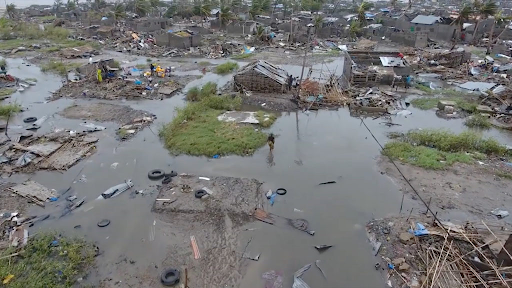Exercise on the Immune System
From a recent study done on the bodies of chronic exercisers, it has been concluded that exercise can actually amplify immune system responses, rather than suppress them. These findings go to contradict what has been perceived about exercise’s effect on the body for decades.
During these decades, researchers, athletes, and the general public have all been under the impression that strenuous exercise leaves the body too fatigued to combat infection by viruses and microbes. These conclusions have been supported by studies done in the 80’s on marathon and long race runners who have reported cases of colds and other ailments as little as three days after running a race, and this trend was not observed in nonrunners.
Recently, scientists studied the blood of marathon runners, and noticed that during the races, immune cells would course through the body at a fast rate, so that at the end of the race, their bodies were more concentrated with immune cells, which fight infection, than they would be if they had not run the race. However, after a few hours after the race, the immune cell count would drop drastically, usually lower than it had been before the race even began. Scientists theorize that immune cells die during the race and the moments after, temporarily suppressing the immune system, giving an opportunistic microbe, virus, or bacteria to infect the body.
However, a gang of skeptics in England formed a posse to debunk the theory. They went about on a quest to do some scientific procedures and eventually deduced that exercise is indeed good for the immune system. Exercise weakens the immune system for a couple of hours, but in the long run, strengthens it.






